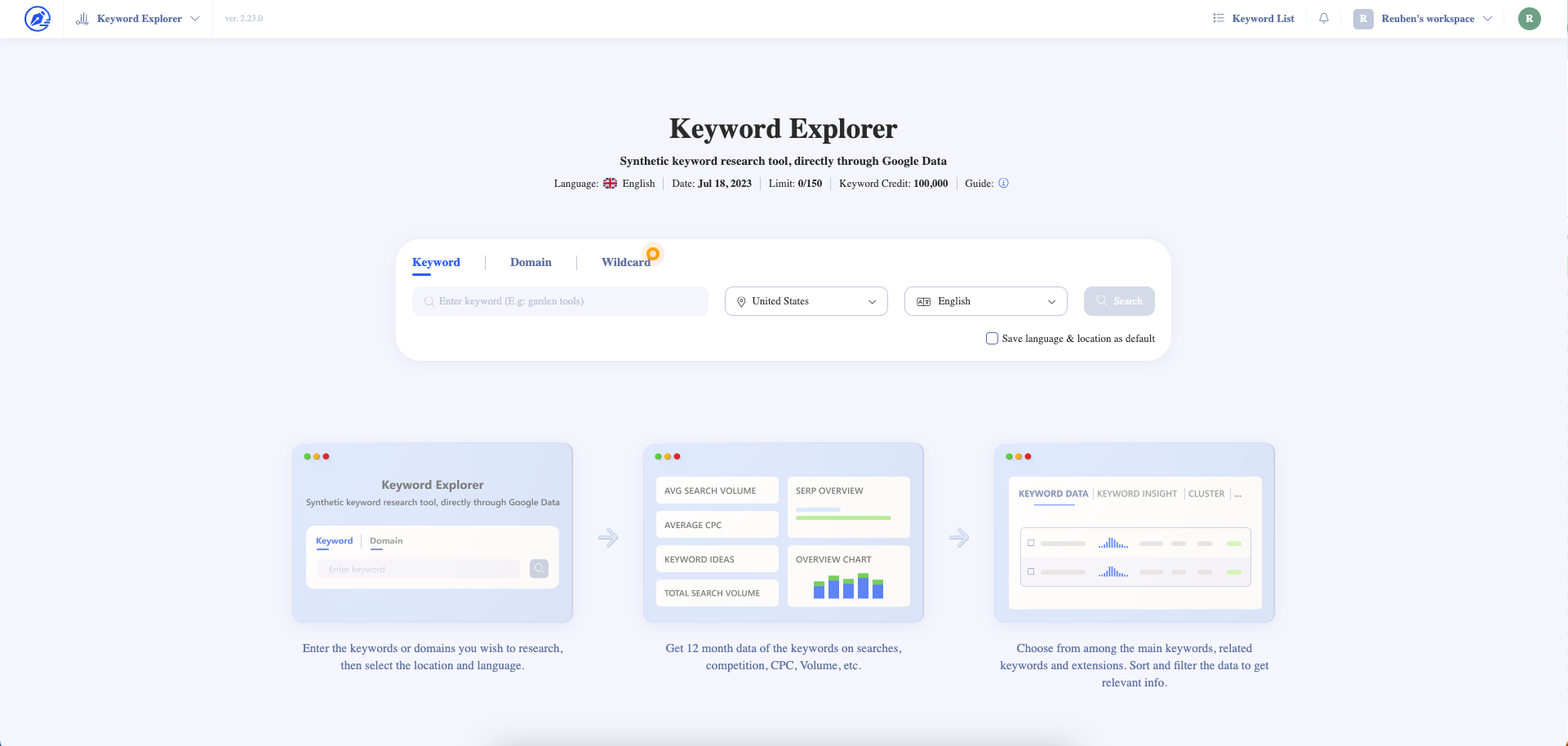The strategy to winning SEO in 2023
Improving your SEO could be one of the best decisions you make for your business.

Looking back, SEO is the marketing strategy that got me into the world of digital marketing.
I scaled my music school with SEO – by being discoverable online when people searched for piano classes.
I monetized my blog, AudioMentor.com (which funded my wedding) with Amazon Associates – ranking content that answered questions people were searching for. Example below:

When I headed marketing at LEAD. I paid a writer to for an article, and it ranked for the keyword "data scientist salary Malaysia."
Go Google it if you're curious.
All businesses can benefit from SEO
At some point, every business should look into their SEO.
There are usually 2 types of keywords to rank for.
- Branded keywords. (Searches for your brand)
- Non-branded keywords. (Discovery searches, e.g. "Luggage repair KL"
Ranking for branded keywords is easy. Basically, people search for your brand name and find it.
Ranking for non-branded keywords? Now, that's tougher.
Wait, isn't AI killing SEO?
Read my earlier post on how AI will change SEO.
At its core, SEO is still the same.
Whether you use AI or not – SEO is about creating content that matches your user's search intent.
If I'm searching for a "5-minute fried rice recipe", I want the recipe now.
I don't really care if the content is made by an AI or a cat. I want a 5-mins recipe that I can use to cook right now because I'm hungry.
So, what if everyone created the same 5-min recipe?
Good question.
Let's say somehow every cooking site on planet earth found out that there are lots of searches for "5-min fried rice recipe" and created content to serve that search intent.
Who will rank?
That's why Google uses the E-E-A-T signal to determine who should rank first. It stands for Expertise, Experience, Authority, and Trustworthiness.

Put simply, content that shows the best expertise, experience, authority, and trust – will rank above all.
There are many strategies to improve your E-E-A-T score.
One of the most straightforward strategies is to become a topical authority.
A topical what??
Simply put, you become an authority around a topic.
If you want to be seen as an expert around "fried rice", don't stop at just a 5-mins fried rice recipe.
Creating more content around that topic. Imagine having a bucketload of content covering everything around fried rice, like:
- 5-mins fried rice recipe
- How to cook fried rice on a stove
- Cooking fried rice on charcoal.
- How to prepare rice before frying.
- 6 easy fried rice recipe
- The best kitchen utensils for the perfect fried rice.
- Secrets to a Michelin-star fried rice.
I'm digressing – but I hope you got the point.
When you cover enough topics around a subject, you become a topical authority. In Google's eyes, you're an expert and you deserve to rank.
Creating SEO content at scale.
I don't fancy AI-written content.
Every word you've read on this post so far – is written by me, Reuben Ch'ng.
But if we look at it strategically, it makes sense to use AI to help create content at scale if you want to build topical authority.
One tool you can use is WriterZen.
Check out the video below for a walkthrough and my thoughts:
Sign up for a 30-day free trial here
I'll write an in-depth walkthrough of the tool in another post.
But for now, I'd love to hear how you optimize your SEO. Let me know in the comment section – and let's discuss!
